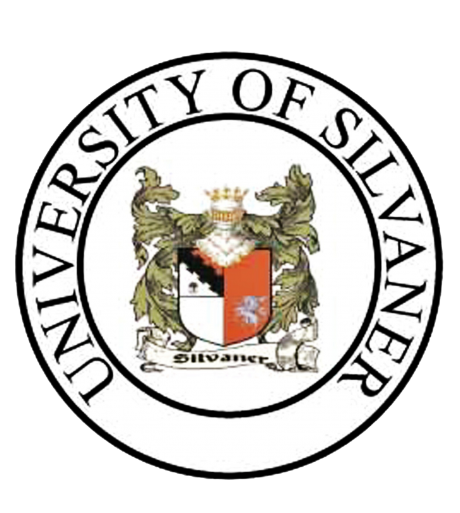Recognition
Students are recognized for those who have successfully accomplished the certification program. Course completion shows the world that the person is qualified to teach and to take part in the professional growth of applied ethics training and organization ethics and character development programs. The certification program graduates are awarded membership in the Applied Ethics Institute.
Requirements for Admission to Training
- Must possess some college credits
- Must have a high school education
- Can demonstrate an online training ability
- An adult, at least 25 years old
- Desires to become more ethical
- You are in a position of leadership
- Must have at least 5 years work experience
- Must possess a valid Passport and/or License
- Must have a strong desire to teach ethics
- Must feel motivated to do “good” in the world
Duration of Program: Ten Months entirely online.
Training Courses: Note the * for Required Courses – Others are Electives
This certification program comprises of 12 module areas of study plus one On-the-Job. Students must finish the six (6) mandatory courses plus one elective and the internship program to fulfill requirements for a certificate. Learners are free to interrupt their study during the course for personal reasons and continue the course again starting from the point of the course of study they had left. They must finish the complete program within two years of commencing in order to certify their knowledge and to be CEFE certified. Course begins with a Capstone module followed in succession until that course is finished.
The Study Plan
The order in which the individual modules are commenced and finished allowing the start of each subsequent module determines the numbers of each training session. Titles with an asterisk (*) indicate programs that are mandatory for certification.
- Entrepreneurship and Ethics *
A capstone module familiarizes the students to the historical economic philosophy as well as the cultural ethic of societies and the economic method that comes from it in search of a state’s value organization and the society.
- Character Development and Ethics *
This module stresses the significance of personality, education and logical case study.
Offers the student with contemporary social problems which supply study opportunities that concentrates on the fundamentals of how moral applications may better direct human conducts and behaves in their social-cultural surroundings.
- Technology & Information Ethics*
Studies the consequences of the use of technology within contemporary communities. Ethics are applied to numerous aspects of policy judgements.
Discovers the suitable use of moral principles within the concept and practice of education from K through 12 and beyond.
- Ethics & Cultural Values *
Queries of moral/social interest are studied with concrete applications in local backgrounds studied for the incorporation of private and academic perceptions.
A view on Ethics of terrorism from a criminal justice standpoint and its morals defense by terrorists.
A learning of the practice of medical ethics in everyday treatment of illness and the development of preventive medicine models that might raise wellness in the global community.
A study of related society problems resulting from express technological growth in administrations, both in the profit and non-profit areas.
This leadership program has been specifically intended to foster the examination and application of persuading moral leadership doctrines within a context of inspiring enigmas where the principles officer is charged to move the leadership along the road of advanced ethical progress.
- Logical Professional Ethics*
Familiarizes private and professional queries that challenge workers and leaders in difficult situations.
- Moral Training Development*
This course discovers the numerous and diverse elements for conducting moral training among staffs and the distinctive application mandatory to train personnel who run solely as teams and acceptedgroups of reputable or increasing organizational cultures.
- The Practicum/Internship*
It’s a student On-the-Job that is compulsory use of gathered program learning to be applied in actual situations. It provides prospective development and artistic interference.
Grading: UNIVERSITY OF SILVANER INC. S.A.C learners are assessed by the instructor within seven days as to whether or not the performance was satisfactory permitting the learner to move forward or complete the program or unsatisfactory upon the completion of each training module in the program. Papers, lessons, quiz, and test results, leading up to the final evaluation are returned within seven days of submission by course professor. If the instructor gives unsatisfactory report, the learner is required to repeat the training for that particular module in order to move forward and satisfactorily finishes the previously unsatisfactory module. For more information and complete details, please download the Course Catalog.
Download Here






